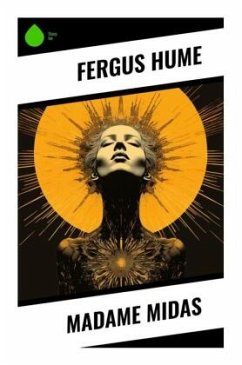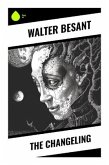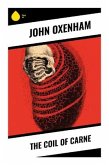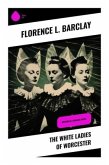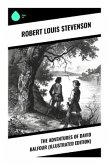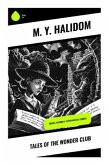In "Madame Midas," Fergus Hume crafts a riveting tale of mystery, love, and greed set against the backdrop of 19th-century London. The novel follows the enigmatic character of Madame Midas, a wealthy gold prospector's wife, whose sudden fortune leads her into a labyrinth of intrigue and betrayal. Hume's sophisticated narrative style, characterized by intricate plot twists and vivid descriptions, reflects the conventions of Victorian literature while engaging with the era's fascination with crime and moral dilemmas. This compelling blend of gothic elements and sharp social commentary makes the novel a poignant exploration of human vice and virtue. Fergus Hume, a prolific writer of detective fiction during the late Victorian period, became renowned for his groundbreaking first novel, "The Mystery of a Hansom Cab." His diverse background, shaped by his experience in law and his multicultural upbringing in New Zealand, deeply influenced his narrative techniques and thematic focus in "Madame Midas." The book emerges from Hume's keen observations of societal hypocrisy, allowing readers to grapple with deeper ethical questions relevant to both his time and our own. "Madame Midas" is an essential read for enthusiasts of classic mystery and Victorian literature. Hume's exceptional ability to weave suspense with a sharp critique of social mores invites readers to reflect on the darker side of wealth and desire. This gripping narrative not only entertains but also prompts critical reflections on morality, making it a significant addition to the canon of early detective fiction.
Bitte wählen Sie Ihr Anliegen aus.
Rechnungen
Retourenschein anfordern
Bestellstatus
Storno

